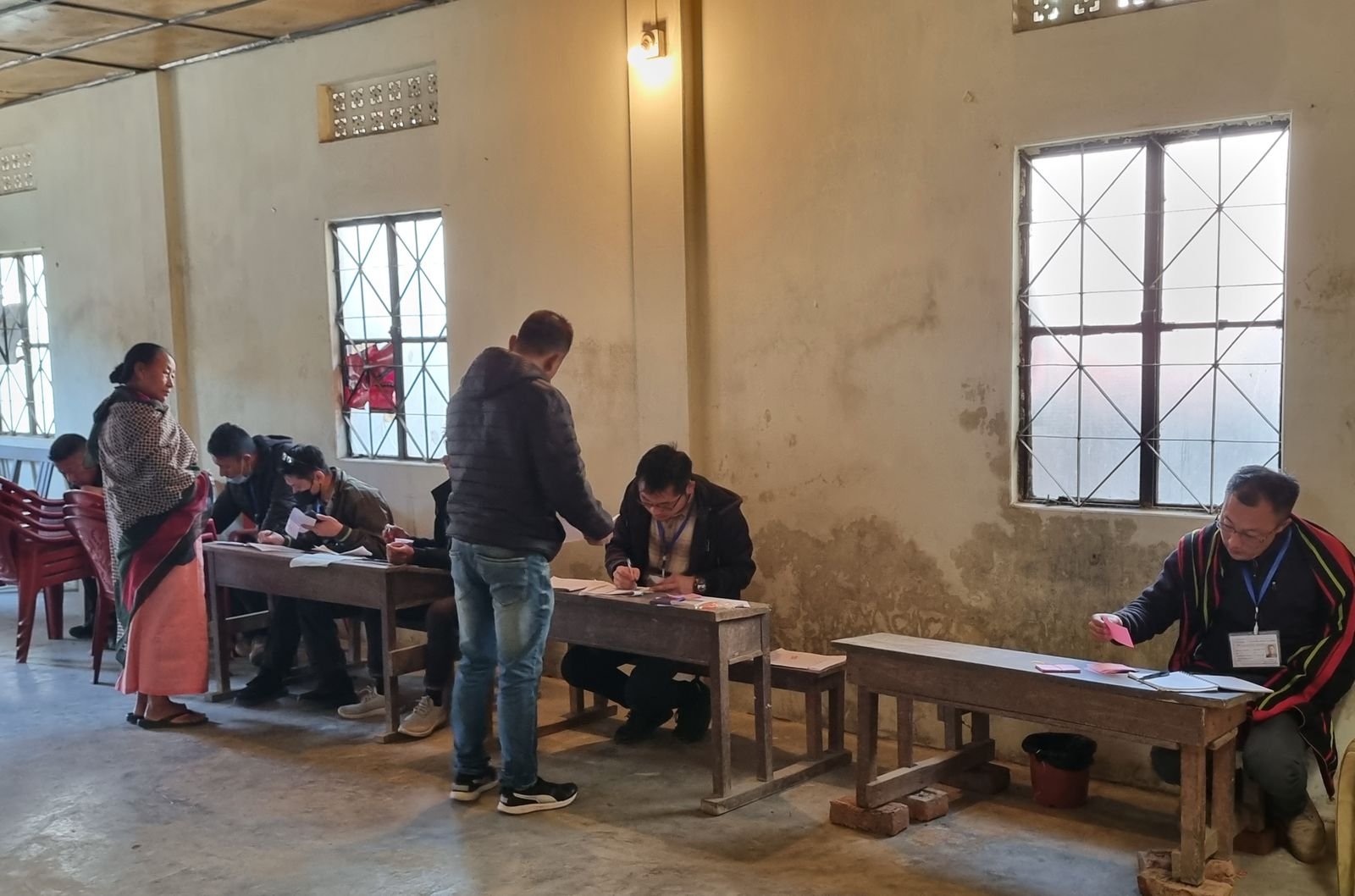Following the Election Commission of India (ECI) announcement of dates for the Lok Sabha Elections 2024, the Model Code of Conduct (MCC) is enforced till the declaration of Election results.
So, what is the Model Code of Conduct and why is it important?
The MCC is a set of norms and guidelines issued by the Election Commission of India (ECI) for political parties, candidates including the media to maintain the standards of conduct during the election campaign and polling.
If a party or candidate is detected in violation of the Model Code of Conduct, the Election Commission can take measures from issuing a warning to directing an FIR against the party or candidate at fault.
While the MCC is only a guideline and is not enforceable before a court of law, if the violations fall under the Indian Penal Code, 1860, and the Representation of the People Act, 1951, the violators might face punitive action including prison.
The main purpose of the MCC is to ensure that ruling parties, at the Centre and in the States, do not misuse their position of advantage to gain an unfair edge. The MCC has been developed to prevent corrupt practices during elections.
Some of the important highlights of MCC includes:
1. Government bodies are not to participate in any recruitment process during the electoral process.
2. Prohibition of the issuance of advertisements at the cost of the public exchequer in newspapers and other media during the election period
3. The election code refrains government or ruling party leaders from launching new welfare programs like the construction of roads, provision of drinking water facilities, etc., or any ribbon-cutting ceremonies.
4. The election campaign rallies and roadshows must not hinder the road traffic.
5. Political parties and candidates should refrain from any activity which may aggravate existing differences or create mutual hatred or cause tension between different castes and communities, religious or linguistic or otherwise. Asking for votes in the name of religion is not allowed.
6. Candidates are asked to refrain from distributing liquor to voters.
7. On polling day, all party candidates are expected to cooperate with the poll-duty officials at the voting booths for an orderly voting process.
8.Candidates should not display their election symbols near and around the poll booths on the polling day.
9. No one should enter the booths without a valid pass from the Election Commission. Poll observers are stationed where complaints can be reported or submitted.
Download Nagaland Tribune app on Google Play

10. The ruling party should not use its seat of power for campaign purposes.
11. The ruling party ministers should not make any ad-hoc appointments of officials, which may influence the voters to vote in favor of the party in power.
Some Don’ts for media during elections:
1.Paid News
2. Articles praising competing candidates claiming that both are likely to win the same election.
3. Small events involving a candidate being given exaggerated/repeated coverage and/or the opponents’ news are not covered at all.
4. Identical articles with photographs and headlines appearing in competing publications either carrying by-lines of different authors around the same time or without any author’s name.
5. News item or advertisments stating that one candidate is getting the support of each and every section of society eugolising him and that he would win elections from the constituency.

